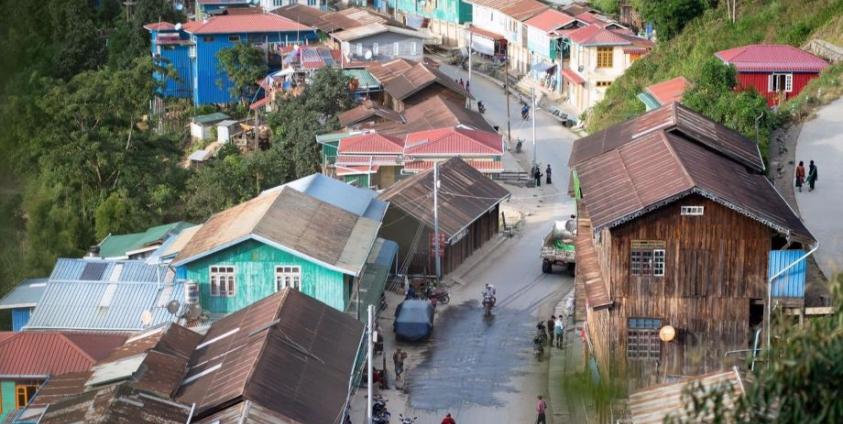Hospitals, clinics, pharmacies, and pharmaceutical companies in Mon State are grappling with a severe shortage of various medicines, creating significant challenges for the healthcare sector, according to local doctors and pharmacy owners.
The shortage is particularly acute for drugs used to treat high blood pressure, diabetes, heart disease, and kidney diseases, with many other commonly used medications also in limited supply.
Key factors contributing to this crisis include the junta's strict import restrictions, rising tariffs, and soaring foreign exchange rates. These issues have severely disrupted the supply chain for essential medications.
A doctor highlighted the dire situation, noting that patients with chronic conditions are sometimes treated with improvised methods or placebos due to the lack of necessary medicines.
"Almost all types of drugs are in short supply in the market. Medicines for heart and kidney diseases, chronic patients, and commonly available drugs like birth control pills are in dire shortage. We use only the medicines we have on hand and resort to improvised methods," he said.
According to a pharmacy owner, the drug shortage in Mon State began approximately two months ago, driven by excessive rises in foreign exchange rates and increased import restrictions.
"The problem has persisted for about two months. Although some drugs have re-entered the market, most remain scarce. Previously, stockpiles in drug warehouses were gradually released, but now we face a complete shortage. The worsening exchange rate situation and import restrictions are the main causes," he explained.
In response to the shortages, alternative brands are being used to replace widely needed drugs, leading to price increases of 5% to 10% for these substitutes. Some pharmaceutical companies have ceased operations, and several pharmacies can only offer a limited number of remaining medicines.
Doctors have warned that the ongoing drug shortages could pose a serious threat to the lives of chronic patients. Myanmar, which relies heavily on imports from Thailand, China, and India for its medicines, has experienced frequent and severe drug shortages over the past three years following the coup.







